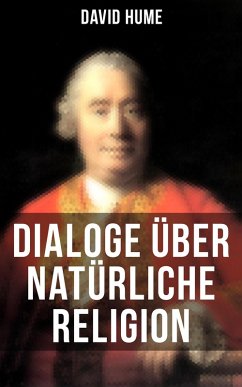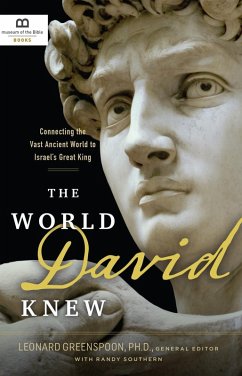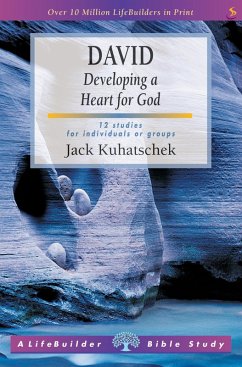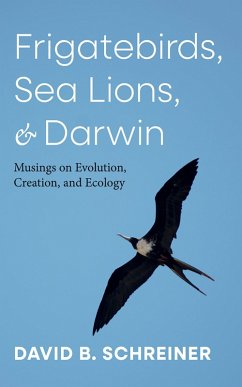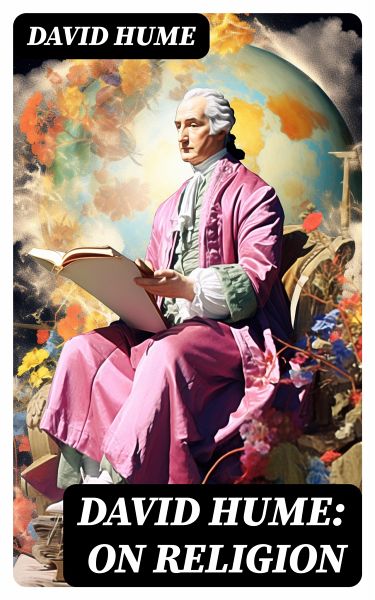
David Hume: On Religion (eBook, ePUB)
The Natural History of Religion & Dialogues Concerning Natural Religion

PAYBACK Punkte
0 °P sammeln!
In "David Hume: On Religion," Hume delves into the intricate interplay between human belief systems and the philosophical underpinnings of religion. This work combines Hume's empiricist philosophy with a rigorous examination of religious phenomena, critically analyzing the nature of faith, superstition, and the arguments for the existence of God. Employing a clarity of prose that is characteristic of the Scottish Enlightenment, Hume invites readers to question established dogmas with a skeptical lens, thereby situating his discourse within the broader intellectual currents of rationalism and e...
In "David Hume: On Religion," Hume delves into the intricate interplay between human belief systems and the philosophical underpinnings of religion. This work combines Hume's empiricist philosophy with a rigorous examination of religious phenomena, critically analyzing the nature of faith, superstition, and the arguments for the existence of God. Employing a clarity of prose that is characteristic of the Scottish Enlightenment, Hume invites readers to question established dogmas with a skeptical lens, thereby situating his discourse within the broader intellectual currents of rationalism and empiricism of the 18th century. David Hume, a pivotal figure in Western philosophy, profoundly influenced the realms of metaphysics, ethics, and epistemology, paving the way for modern philosophical inquiry. His own experiences, shaped by the vibrant philosophical debates of his time and his skepticism towards organized religion, fueled his exploration of the rational foundations-or lack thereof-of faith. Hume's reflections were transformative, challenging prevailing religious convictions and advancing the discourse on human understanding of the divine. "David Hume: On Religion" stands as an essential read for anyone seeking to grasp the foundations of modern secular thought. Hume's analytical approach not only fascinates scholars of philosophy and theology but also provokes thoughtful reflection for general readers questioning the complexities of belief and reason in today's world.
Dieser Download kann aus rechtlichen Gründen nur mit Rechnungsadresse in A, B, BG, CY, CZ, D, DK, EW, E, FIN, F, GR, H, IRL, I, LT, L, LR, M, NL, PL, P, R, S, SLO, SK ausgeliefert werden.





